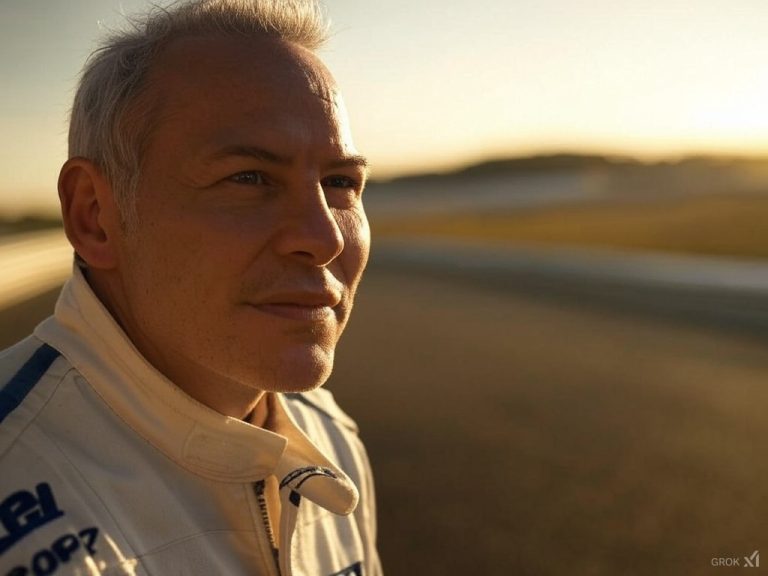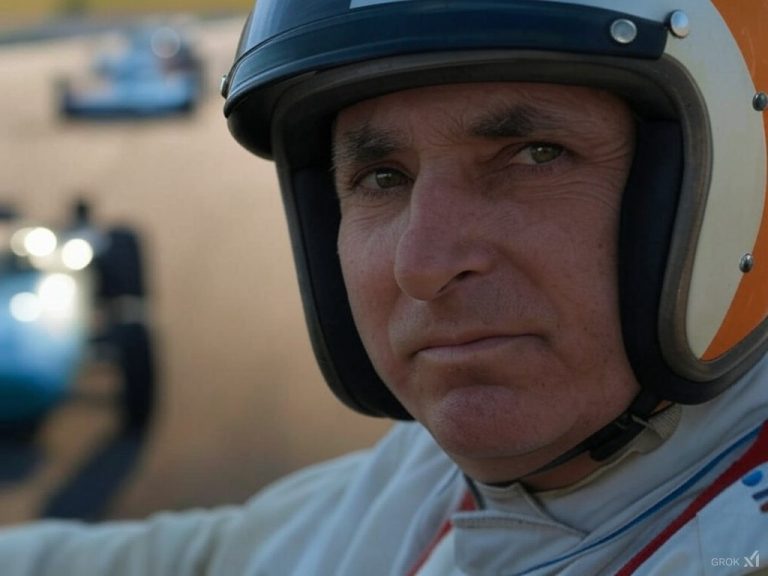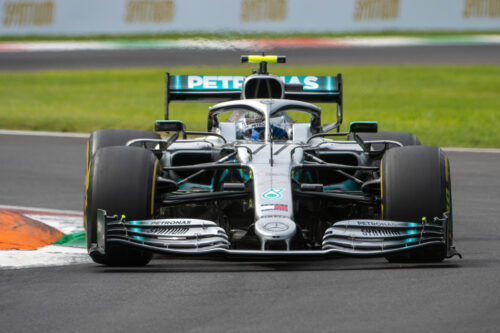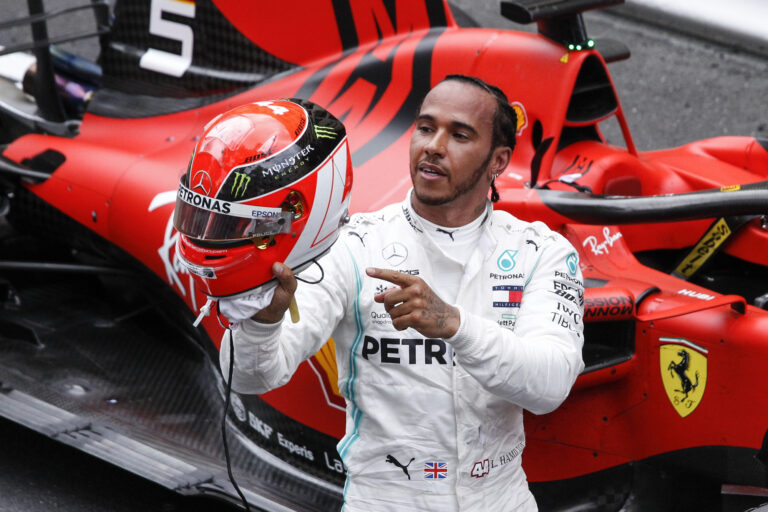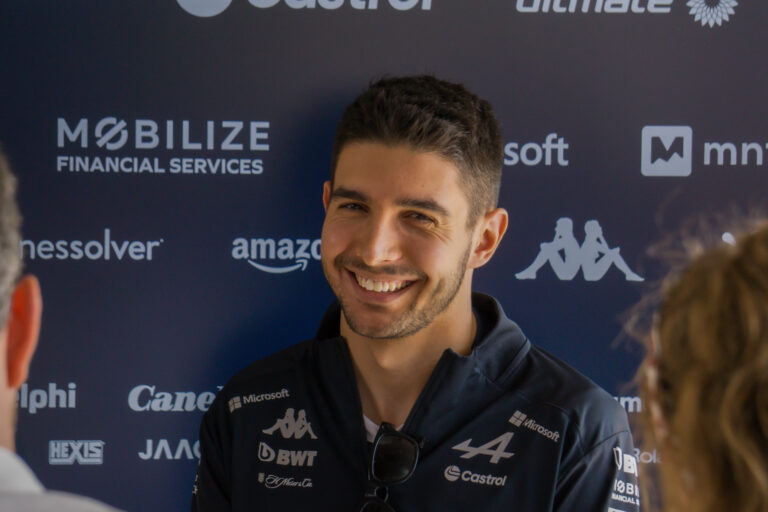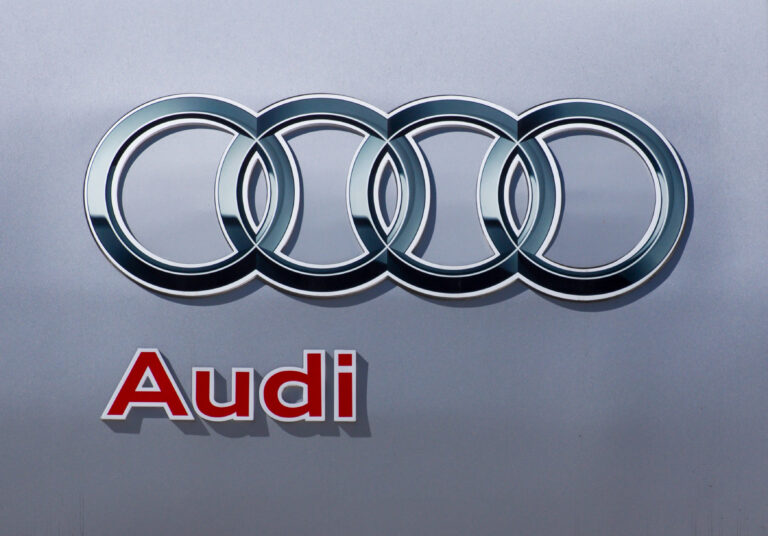Legends of Formula 1 Denny Hulme
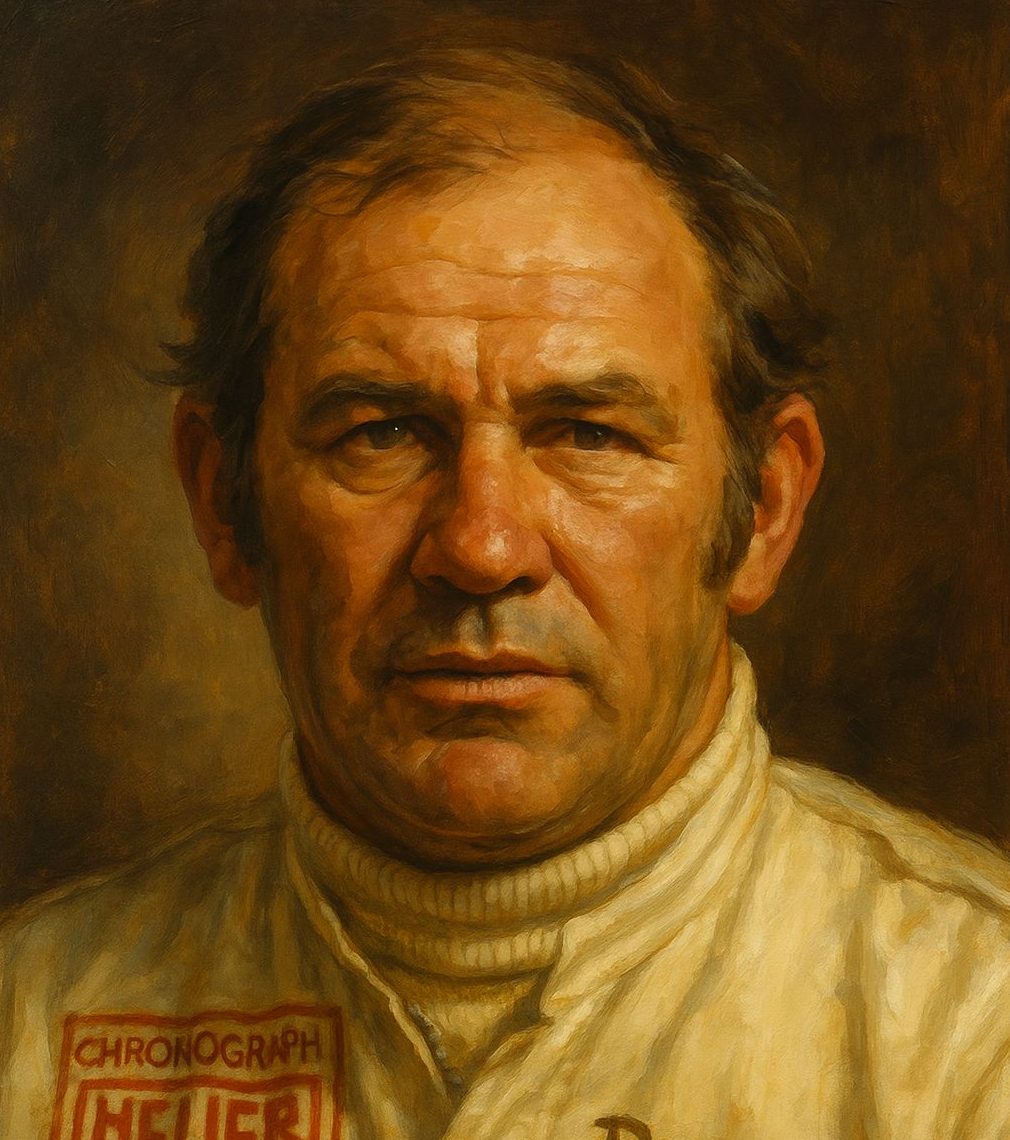
Denny Hulme was the embodiment of grit, skill, and quiet determination. Known as “The Bear” for his rugged demeanor and fierce competitiveness, the New Zealander rose from humble beginnings to become Formula 1 World Champion in 1967. While not as flamboyant as some of his contemporaries, Hulme’s consistency, technical intelligence, and calm under pressure earned him respect throughout the paddock. A stalwart of the sport’s golden era, he remains one of New Zealand’s greatest racing heroes.
For Tickets and Package Deals Please Click Here
Denny Hulme’s Origins and Early Career
Denis Clive Hulme was born on June 18, 1936, in Motueka, New Zealand. His father, Clive Hulme, was a decorated World War II hero, and young Denny inherited the same unshakable focus and sense of discipline. His path to Formula 1 was anything but glamorous. He started driving trucks for his family’s business, using his wages to finance early racing endeavors.
Hulme began his career in local hill climbs and club races before moving to Europe in the late 1950s, following in the footsteps of fellow Kiwi and mentor Bruce McLaren. He soon made a name for himself in Formula Junior and Formula 2, where his fearless driving style and mechanical knowledge stood out. His performances caught the attention of the Cooper Car Company, leading to his Formula 1 debut in 1965.
Formula 1 Career
7 MAY, 1967: MONACO
— Formula 1 (@F1) May 7, 2017
50 years ago today, Denny Hulme took his first #F1 win
He went on to win that season's world championship#OnThisDay pic.twitter.com/0IvcLqNAVt
1965–1966: Learning the Craft
Hulme joined Cooper as a protégé of Bruce McLaren, starting off as a development and test driver before earning a race seat in 1965. Though Cooper was no longer the dominant force it had been earlier in the decade, Hulme’s performances showed flashes of brilliance. In 1966, he achieved his first podium at the British Grand Prix and finished eighth in the championship—a solid foundation for what was to come.
1967: World Champion with Brabham
In 1967, Hulme made the move to Brabham, partnering with team owner Jack Brabham himself. The pair formed a formidable duo, driving the Brabham-Repco BT24—a car known more for its reliability and handling than outright power. Hulme’s season was a masterclass in consistency. While Brabham and Jim Clark fought for glory in individual races, Hulme methodically gathered points with podium finishes and two crucial victories at Monaco and the Nürburgring.
By the end of the season, Hulme edged out Brabham by five points, becoming the 1967 Formula 1 World Champion—the first and only New Zealander to win the Drivers’ Championship. It was a triumph born not of flamboyance but of discipline, mechanical sympathy, and strategic intelligence.
1968–1974: McLaren Years
#OTD: 🇨🇦 1971
— Formula 1 (@F1) September 19, 2017
Denny Hulme scored @McLarenF1's first-ever fastest lap 💪🏻
McLaren in #F1
815 GP starts
155 poles
154 fastest laps
182 wins pic.twitter.com/QHKLCKLTOh
In 1968, Hulme joined McLaren, reuniting with his close friend Bruce McLaren. The two Kiwis built the team into a powerhouse, both in Formula 1 and the burgeoning Can-Am series. Hulme’s driving style—measured but unrelenting—made him an ideal development driver for McLaren’s early success.
He won the 1968 Italian Grand Prix, finishing third in the championship, and remained a consistent podium contender for several seasons. After Bruce McLaren’s tragic death in 1970, Denny carried the emotional burden of leading the team through one of its most difficult periods. He became a mentor to younger drivers and continued to deliver strong performances, including multiple wins in 1972 and 1974, the latter marking his final F1 victory at the Argentine Grand Prix.
Over his decade-long Formula 1 career, Hulme amassed eight wins, 33 podiums, and 248 points. He never sought fame—only results. In an age of daring personalities and dangerous machines, Hulme’s composure stood out.
Beyond Formula 1
Outside Formula 1, Hulme was equally formidable. He excelled in the Can-Am Championship, where he and McLaren dominated the late 1960s with their powerful orange M8 cars. Between them, they were nearly unbeatable, claiming multiple championships and rewriting the record books for sports car racing.
Hulme also competed at the Indianapolis 500, finishing fourth in 1967, and later turned to endurance events like the 24 Hours of Le Mans. His versatility, much like that of other all-rounders of his era, showcased his mastery across different disciplines.
Retirement and Legacy
Hulme retired from Formula 1 after the 1974 season, but his competitive spirit never left him. He returned to his native New Zealand, continuing to race in touring cars and sports cars well into his 40s and 50s. Tragically, in 1992, while competing in the Bathurst 1000 touring car race, Hulme suffered a fatal heart attack behind the wheel. True to his nature, he passed away doing what he loved most—racing.
Denny Hulme’s legacy endures not through flamboyant moments but through respect. He was admired for his professionalism, technical insight, and quiet strength. Fellow drivers often described him as the perfect teammate—hard but fair, stoic but loyal. His 1967 championship remains one of New Zealand’s proudest sporting achievements, paving the way for future generations of Kiwi racers, including world champions like his compatriot mentor Bruce McLaren’s spiritual successor in the sport, and later, figures such as Scott Dixon and Brendon Hartley who carried his legacy forward.
Career Statistics
Formula 1 Career Span: 1965–1974
Teams: Cooper, Brabham, McLaren
Grand Prix Starts: 112
Wins: 8
Podiums: 33
Pole Positions: 1
Fastest Laps: 9
Career Points: 248
World Championships: 1 (1967)
First Win: 1967 Monaco Grand Prix (Brabham)
Last Win: 1974 Argentine Grand Prix (McLaren)
Last Race: 1974 United States Grand Prix
Conclusion
Denny Hulme’s story is one of quiet excellence. He wasn’t a showman or a headline-chaser; he was a racer in the purest sense. A world champion, Can-Am conqueror, and loyal McLaren stalwart, Hulme’s career exemplified the virtues of discipline, determination, and technical mastery. In a sport often defined by glamour and ego, he stood apart—proof that greatness can come with humility.
For New Zealand, he remains a national hero. For Formula 1, he represents an era when courage, endurance, and consistency defined champions. Denny Hulme may not have sought the spotlight, but his achievements ensure he will never be forgotten.
If you want tickets and package deals to the United States Grand Prix, please click here.
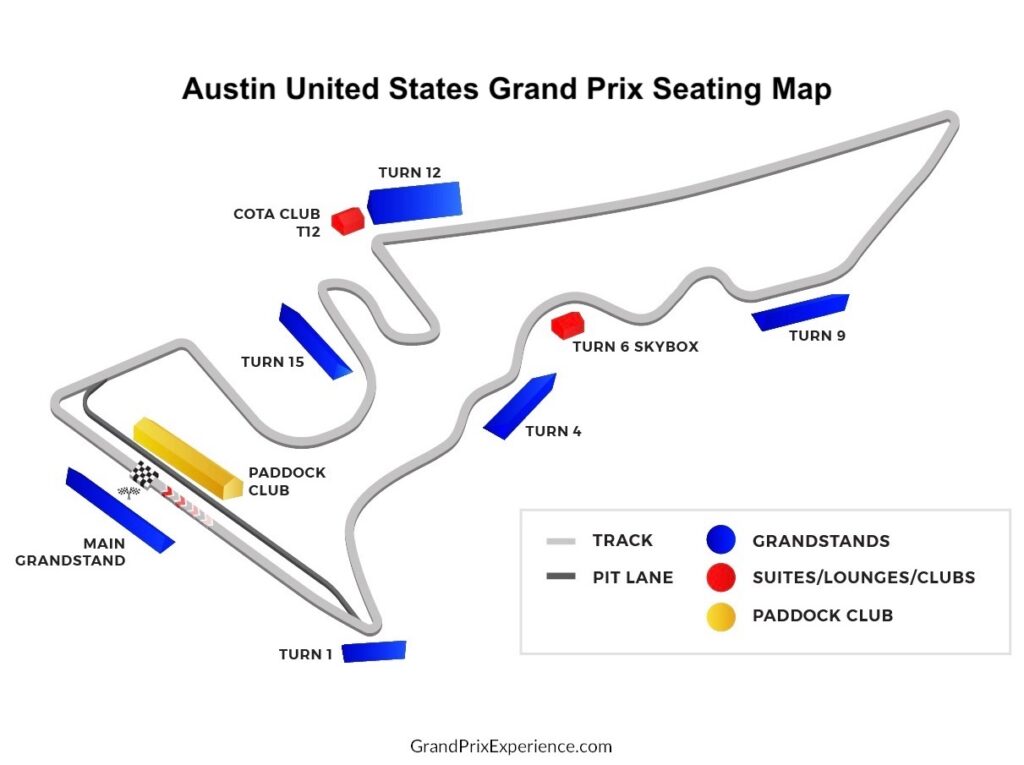
Sources:


